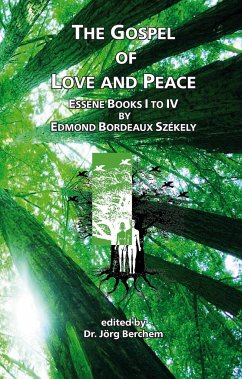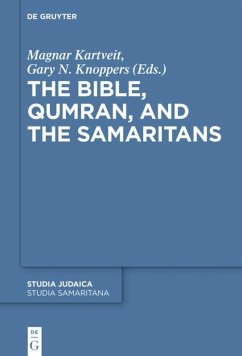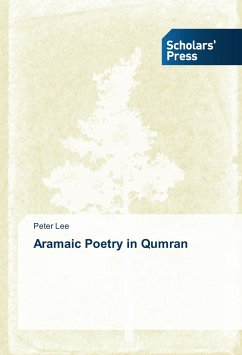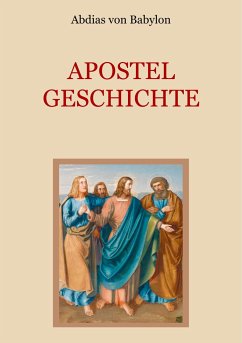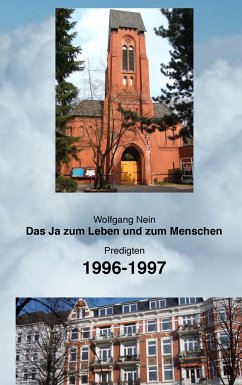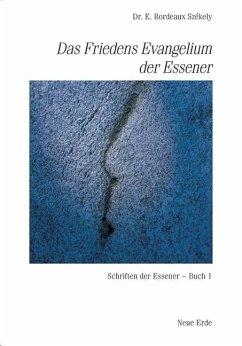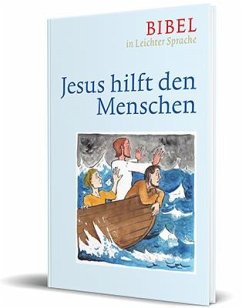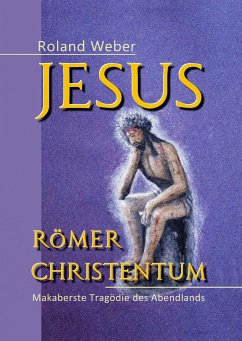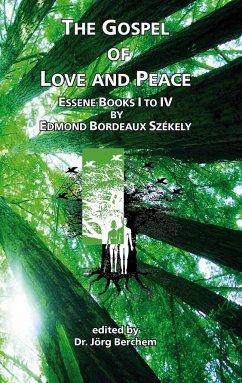
The Gospel of Love and Peace
Essene Books I to IV by Edmond Bordeaux Székely
Herausgegeben: Berchem, Jörg
Versandkostenfrei!
Versandfertig in 1-2 Wochen
16,00 €
inkl. MwSt.

PAYBACK Punkte
0 °P sammeln!
These teachings are unique, because they do not refer to a specific culture, they refer to man and his relationship to his co-beings and his relation to God. They do not demand a specific moral life according to exact rules how to live. They just express a spiritual ethics.The Gospel of Peace, unlike other documents or interpretations of biblical texts, explains the expression "Heavenly Father" in a very deep meaning, also because of the fact that it describes "the Earthly Mother" as well.It does not mean that it proclaims a female God next to a male God. We are still dealing with a monotheist...
These teachings are unique, because they do not refer to a specific culture, they refer to man and his relationship to his co-beings and his relation to God. They do not demand a specific moral life according to exact rules how to live. They just express a spiritual ethics.The Gospel of Peace, unlike other documents or interpretations of biblical texts, explains the expression "Heavenly Father" in a very deep meaning, also because of the fact that it describes "the Earthly Mother" as well.It does not mean that it proclaims a female God next to a male God. We are still dealing with a monotheistic religion. But in its divine dualism it does not exclude female character in God, nor the female and maternal principle of nature. Therefore it re-connects Christianity with obvious and deeply experienced world views that can be found as universal in all cultures and religions except the three Thora-based Jewish, Christian and Muslim religions.Let us just assume for a moment a Christianitythat is not denying but also worshipping the maternal aspects, not only in some sick romanticisation of virginity and unearthly "purity", but in its obvious richness, abundance and fertility. A Christianity that regards Earth just as important and divine as it regards Heaven. A Christianity describing the body as a temple for the soul. A Christianity that communicates with Heaven and Earth ... - Well, here it is!For the first time all translations of the Essene scripts in one volume, revised, newly arranged and edited by Dr. Jörg Berchem. With many illustrations by Caspar David Friedrich, Rembrandt, Leonardo da Vinci and Gustav Doré.(including: Book 1 The Essene Gospel of Peace, Book One, Book 2 The Unknown Books of the Essenes, Book 3 Lost Scrolls of the Essene Bro





